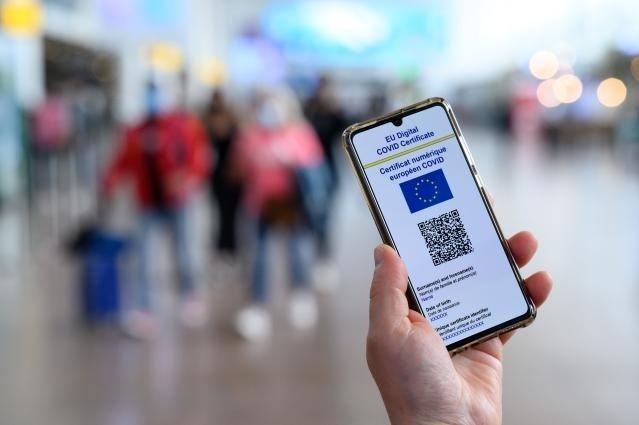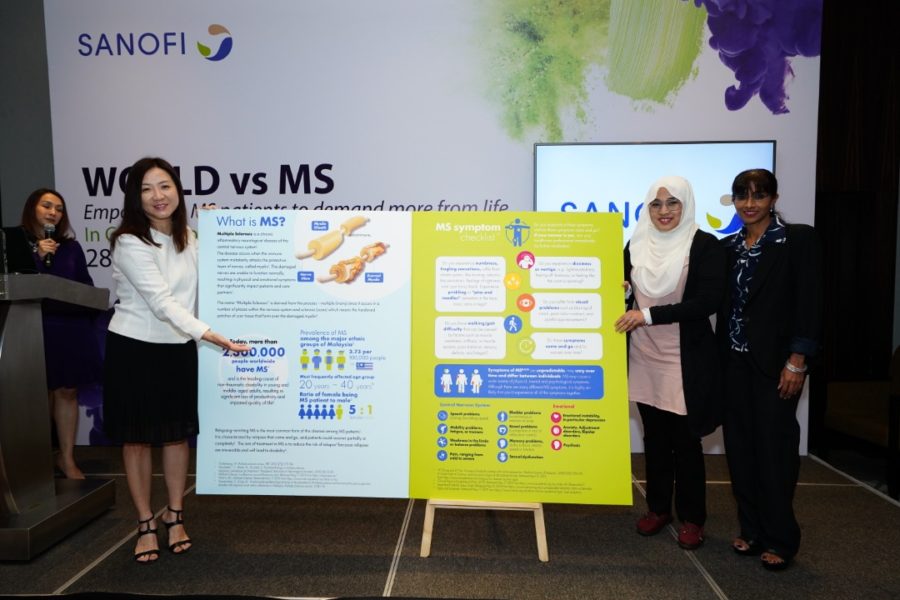KUALA LUMPUR, July 7 — The European Union (EU) said today it would consider recognising Malaysia’s Covid-19 vaccination certificate as equivalent to the bloc’s for travel into the region.
The delegation of the EU to Malaysia said EU member countries are free to accept Covid-19 vaccine documentation issued by countries outside the region — not just the EU Digital Covid Certificate — and that individual EU nations can also accept official proof of recovery from Covid-19 or a negative Covid-19 test result.
Individual EU member countries may also decide on free movement restrictions like quarantine for incoming travellers.
“Since there is no common list of requirements, Malaysians who wish to travel to the EU need to check the entry requirements for the Member State(s) they wish to visit,” the EU delegation to Malaysia said in a statement.
“They need to be aware also that these are likely to change over time depending on the development of the pandemic in both the EU and Malaysia. Nevertheless, the launch of the EU Digital Covid Certificate now makes possible the formal equivalence of Covid-19 certificates between Malaysia and the EU. This possibility will be explored with the competent Malaysian authorities in days to come.”
The EU delegation to Malaysia explained that the EU Digital Covid Certificate — which is proof of Covid-19 vaccination, recovery from Covid-19, or a negative Covid-19 test result for European citizens or residents — was established to facilitate travel within the region.
“The Certificate is not a prerequisite for travelling in the EU or a compulsory document, but simply a practical tool.”
According to the EU, entry into the region is “in principle” allowed to people fully vaccinated with coronavirus vaccines authorised in the EU, including shots manufactured in facilities not covered by marketing authorisation in the bloc. EU countries can also permit entry to people who received Covid-19 vaccines that were approved by the World Health Organization (WHO) for emergency use.
“There is no obstacle or hurdle. Therefore, some recent reporting concerning the AstraZeneca vaccines’ origin is inaccurate,” said the EU delegation to Malaysia, adding that individual EU countries could also introduce national restrictions for incoming non-essential travel, depending on their epidemiological situation.
EU’s drug regulator, the European Medicines Agency (EMA), has approved four Covid-19 vaccines: the Vaxzevria brand of AstraZeneca-Oxford’s vaccine produced in the EU and the United Kingdom, Pfizer-BioNTech, Moderna, and Johnson & Johnson.
The EMA told CodeBlue recently that the only AstraZeneca vaccine it authorised for use in the EU was Vaxzevria. The AstraZeneca vaccines used in Malaysia are produced in South Korea (from the global COVAX facility), Thailand (direct procurement), and Japan (contribution of a million doses from the Japanese government).
The European Commission confirmed with CodeBlue last Saturday that individual EU countries will ultimately decide on whether to permit entry to travellers inoculated with Covid-19 vaccines not approved by EU’s drug regulator, as the EU’s executive body is not obliging member nations to issue an EU Digital Covid Certificate for shots unauthorised across EU or at the national level.
British and Indian media recently reported potential travel restrictions into the EU for British and Indian travellers inoculated with Covishield, the AstraZeneca vaccine manufactured in India, due to the EU’s vaccine passport only recognising EMA-approved jabs.
The BBC reported last week sources as saying that India would not recognise a EU vaccine pass for international travellers unless the bloc acknowledged India’s own vaccine certificate, with Delhi reportedly telling EU countries that it would “institute a reciprocal policy for recognition of the EU digital Covid certificate.”
The WHO has given emergency-use listing to the AstraZeneca vaccines produced by South Korea and India, besides the version manufactured in the EU, as well as the Pfizer-BioNTech, Moderna, Johnson & Johnson, and Chinese vaccines Sinopharm and Sinovac.








